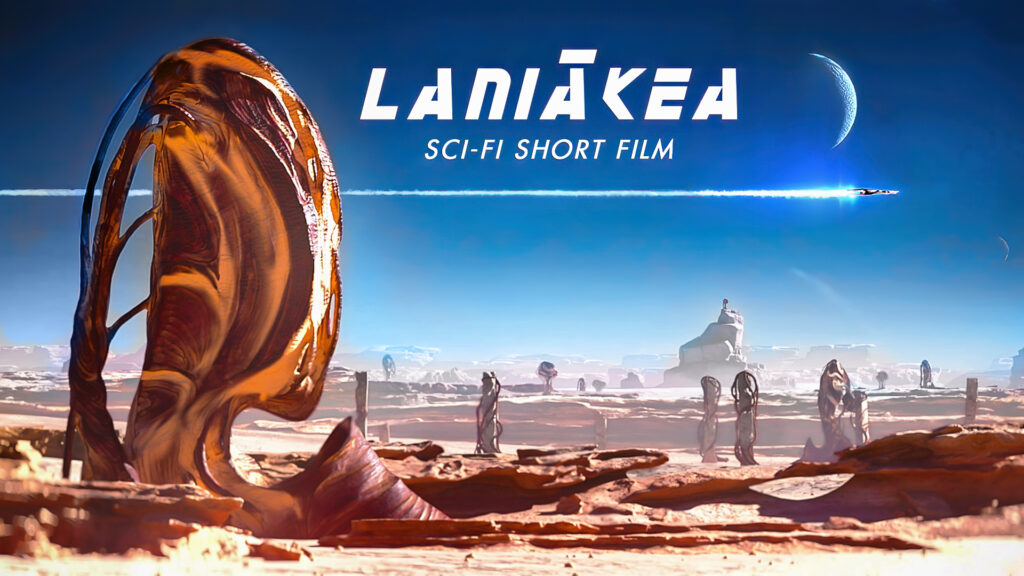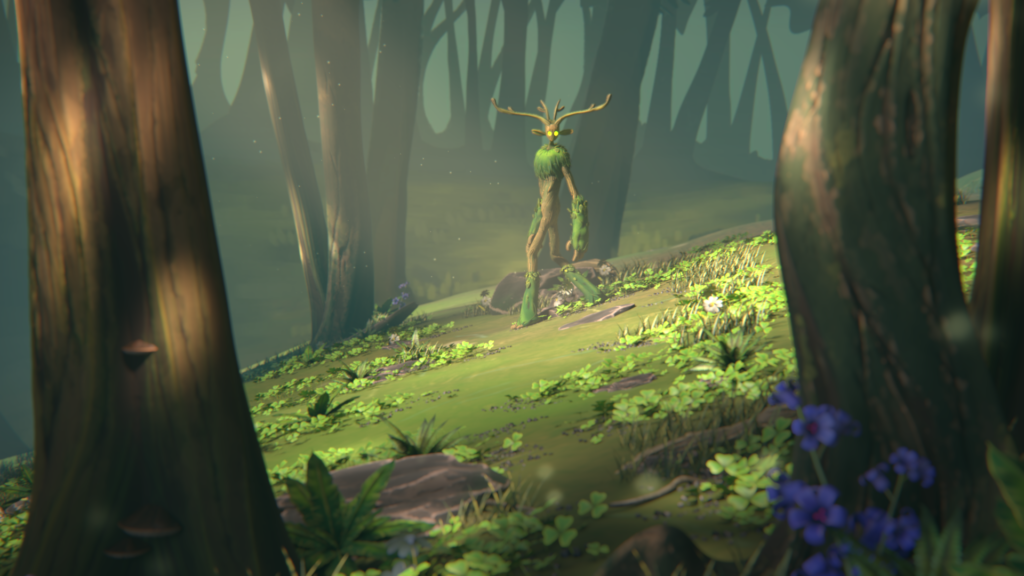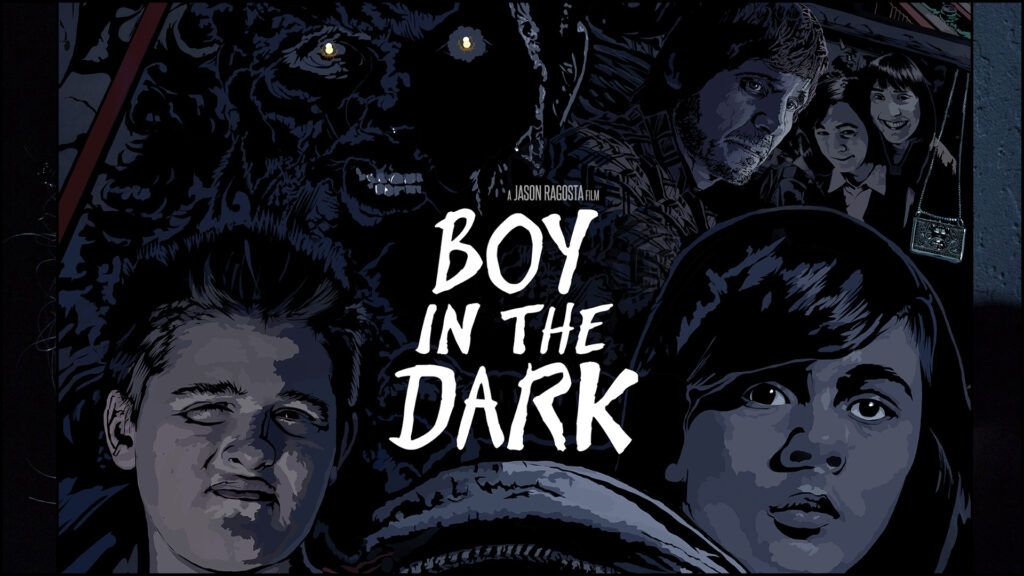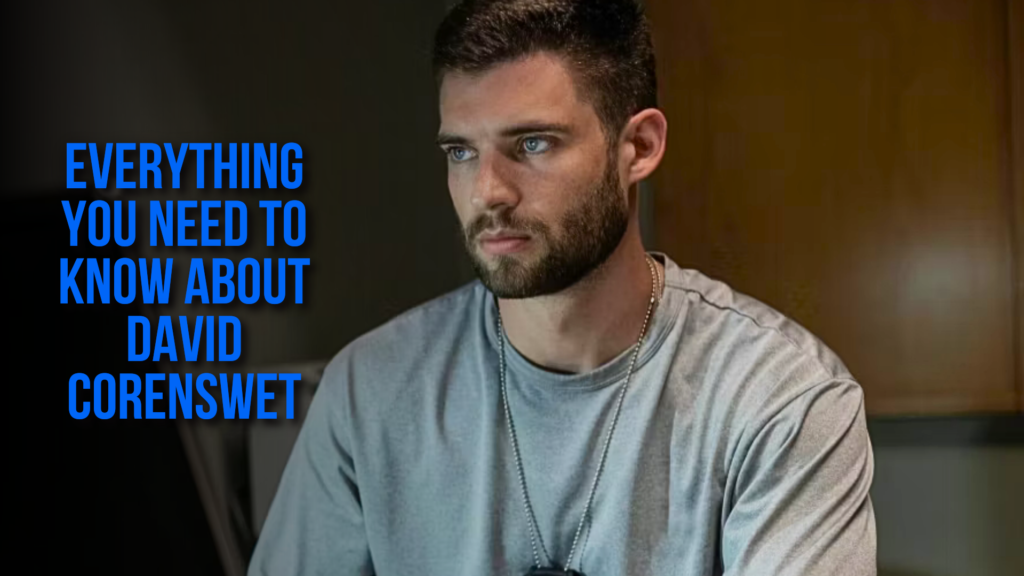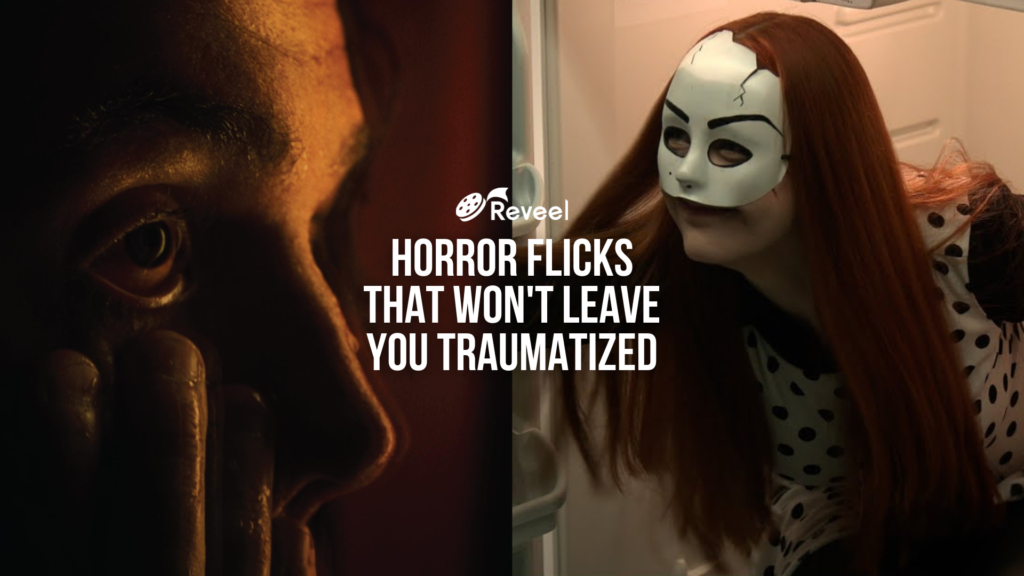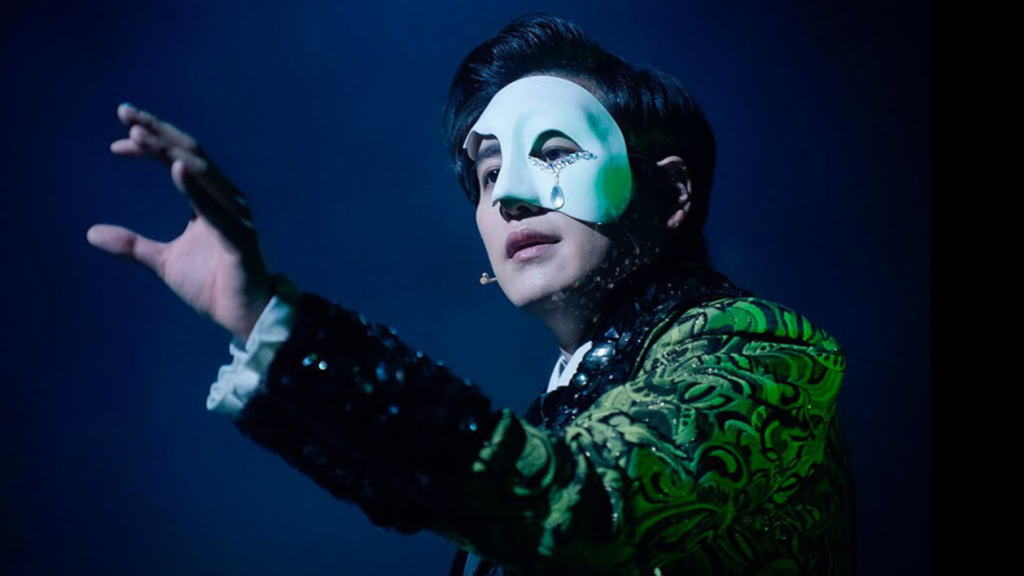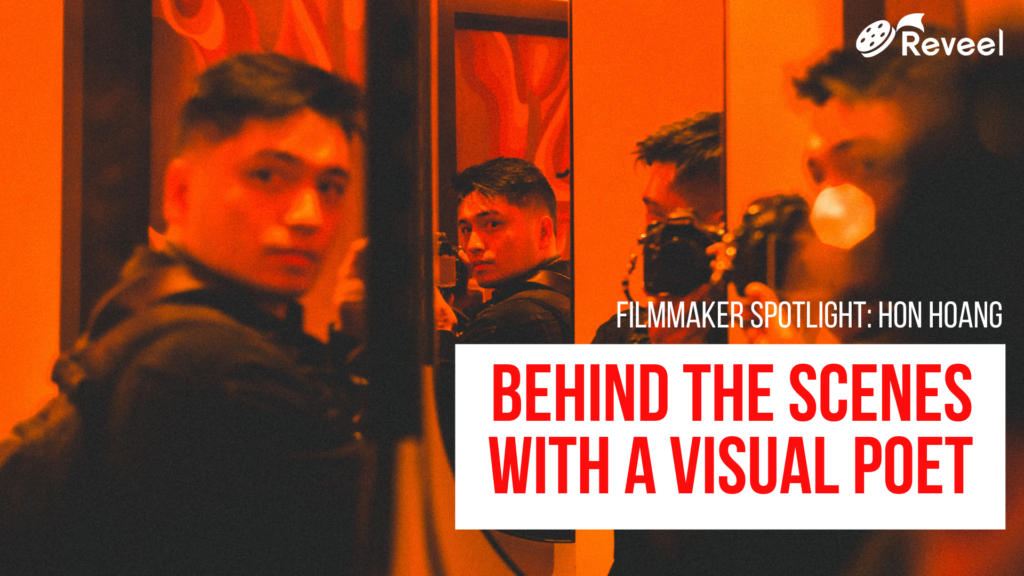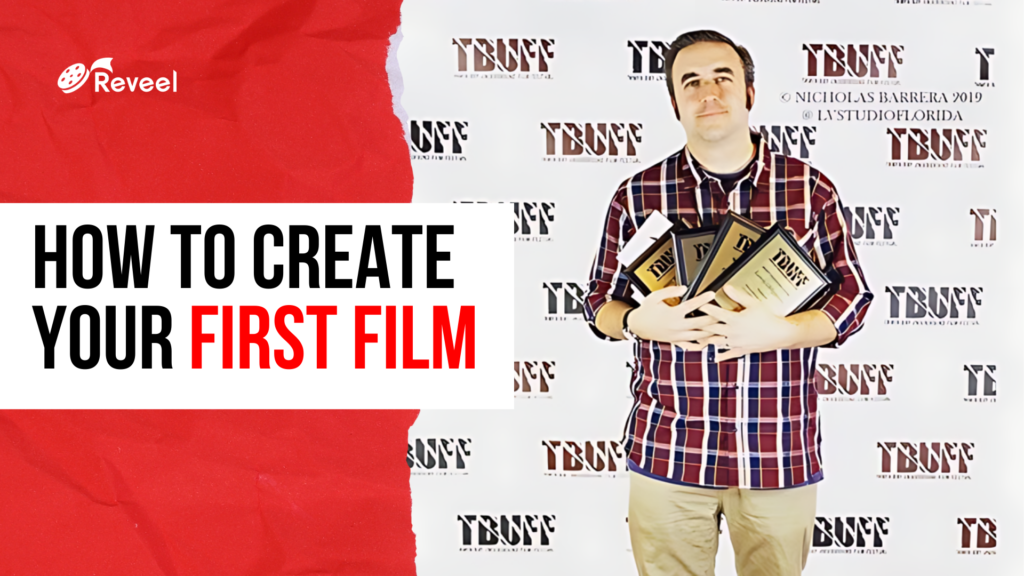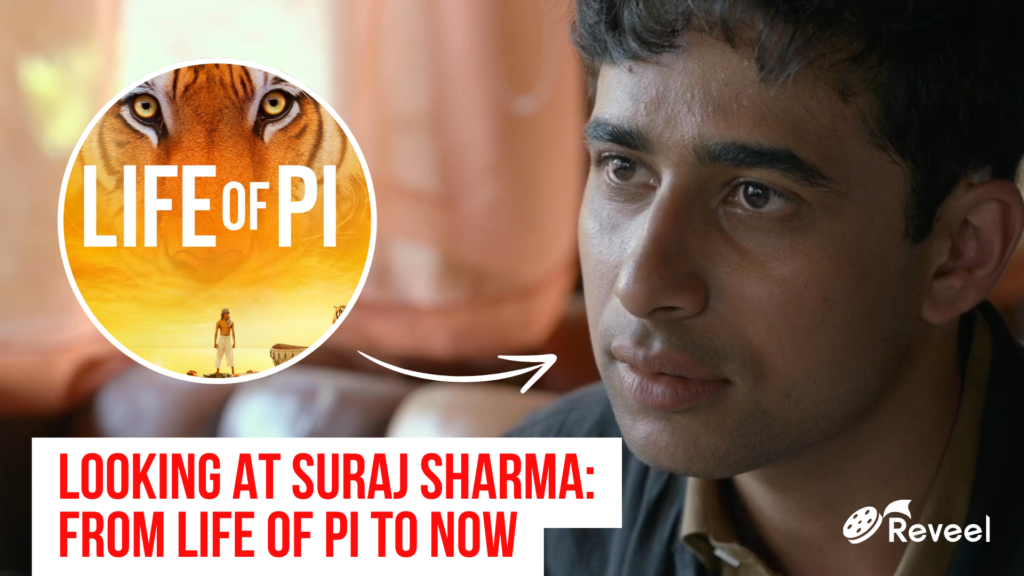Jose Salazar, the co-owner of an independent production studio based out of Chicago (2 Ronin Pictures), wrote and directed Coded. Coded is a sci-fi short film starring Connar Brown that examines how human beings deal with hate. We interviewed Jose Salazar to get a deeper insight into the production of Coded and his creative process as the writer/director.
The following interview has been edited for clarity and length.
1. In your own words, can you tell us what Coded is about?
Jose: Coded is an examination of our (humans) hard-wired instinct to blindly antagonize a group of people or individuals whose motives and purpose don’t align with our own.
Our film aims to show how indiscriminate hatred is a self-destructive trait within humans who, in our story, are engaged in a longstanding battle with Androids. While it’s typical to view Artificial Intelligence as the evil conquering force, humans can be equally as malicious, quickly turning against one another. Our main character’s motives are kept ambiguous at the beginning, leaving you to wonder whose side you should take as the film unfolds.

Martin Davis in ‘Coded’
2. How did you come up with the idea? What was the inspiration behind the film?
Jose: One of the actresses I had worked with previously reached out about making a sci-fi piece. Having never worked on a science fiction project, I wanted to undertake the challenge. Our film deviates from the traditional genre and instead focuses more on grim brutality using science fiction as a backdrop. We had this idea of an Android girl from the beginning and decided to present her as a mysterious figure who wasn’t clearly a hero or villain. We originally had the story follow her journey from beginning to end, but I thought it would be much more interesting if we started from the perspective of her enemies to avoid any emotional connection to her.
I remember playing some old flash games on the internet when I was younger and one concept that stuck with me was being tormented over and over only to find out at the end that you were the monster or evil creature. A lot of that translates into our film, further creating this unsettling mood as you learn the intentions of the characters.
A lot of it also stems from the divisive world we live in today, where we’re conditioned to hate those with opposing views, regardless of what side you take.
3. What were the biggest challenges to getting Coded made?
Jose: One of the biggest hurdles we faced was portraying this run-down, post-apocalyptic world without having the resources to build an elaborate set. Fortunately, there’s this nice spot further south in Illinois that’s a demolished iron works site full of debris and rubble. It’s literally cut out for any destroyed world scenario. I have always loved filming there.
This was also the first film I had done coming out of the pandemic where it was kind of back to normal but not really, so we were operating on a skeleton crew which meant assuming multiple duties. I did a crash course in special effects makeup and worked with a friend who provided advice on how to approach the aesthetics I wanted. One of my actors was also a very talented fight coordinator so he helped stage the action scenes. Overall, everyone in the cast and crew
contributed far beyond their normal duties, whether it was hauling equipment or decorating the set. They were vital to the success of the project.
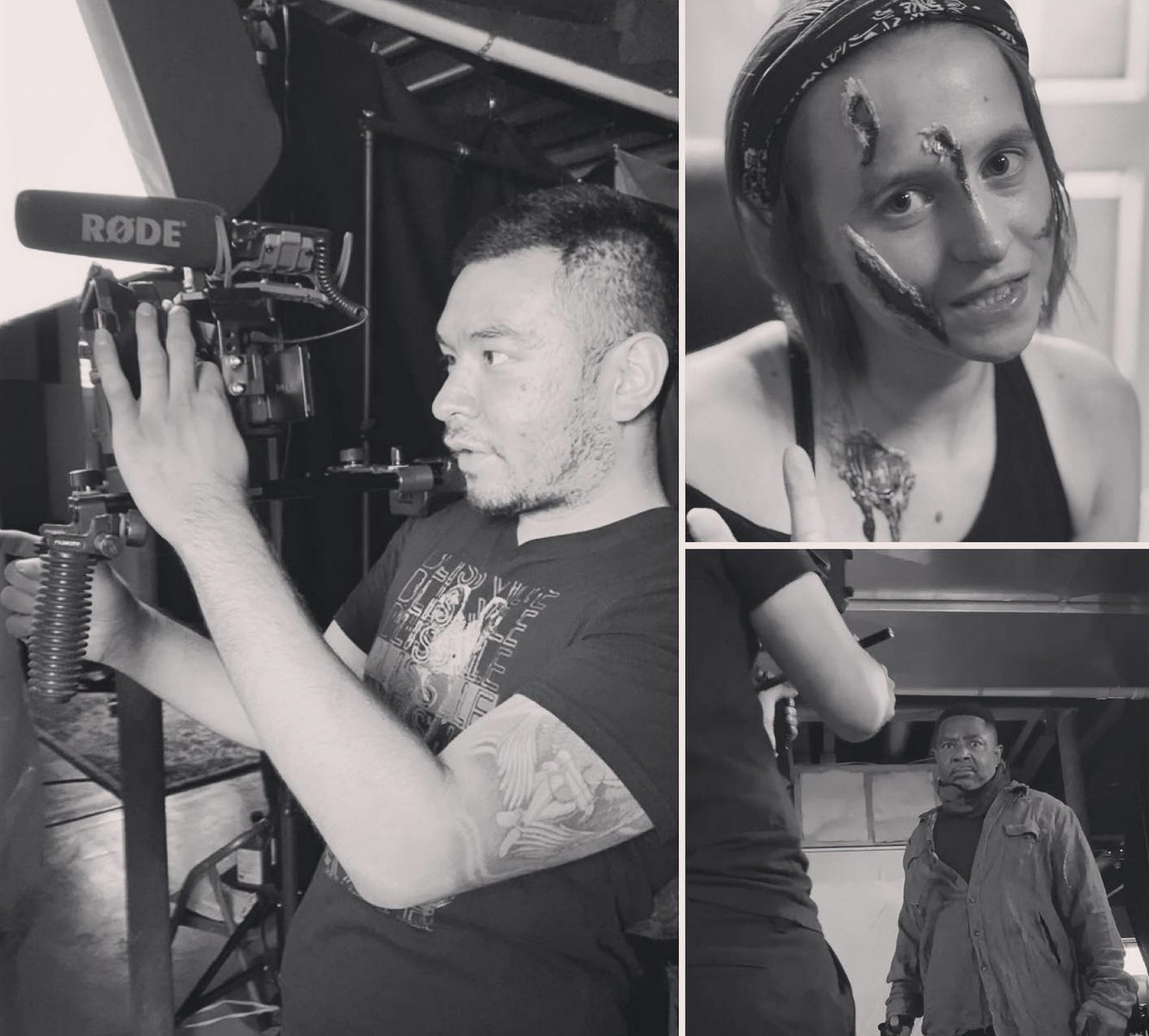
Jose Salazar, Connar Brown, and Martin Davis on the set of ‘Coded’
4. In your opinion, what are the most important qualities that a director should have?
Jose: The most important thing for any director is communication. On every level. A director needs to be able to communicate his/her vision so everybody, regardless of if they’re cast or crew, knows what you need them to do.
Psychology is close behind. You need to be able to understand the people you’re working with. Everyone takes direction differently, so learning how someone reacts and adapting to their personality is critical in pulling out their best performance.
Thinking on your feet and adapting to changes on the fly is crucial as well.
5. Who are your filmmaking influences?
Jose: I’m a huge fan of the vibrant style of Italian filmmaker Dario Argento.
I also find inspiration in the repulsive nature of Lars Von Trier’s films (and I mean that as a compliment).
6. What draws you to the film industry?
Jose: Being able to connect with people worldwide and evoking some kind of emotional response always excites me. With film, you’re able to leave a mark on somebody for a long time. If I can uplift, scare, unsettle, or inspire just one person, it’s all worth it.
7. Do you have any projects in the works? Are there any plans for a Coded sequel?
Jose: With Coded, this is a self-contained, one-time project. However, I’m always experimenting with new ideas. Currently, I’m working on a suspense short about a secretary who becomes suspicious of her CEO’s activities, prompting her to seek out a private investigator for a potential murder.
Coded is about a group of ragtag survivors in a world run down by constant fighting who seek revenge against a rogue enemy after one of their own is killed. Watch the short film on Reveel.



